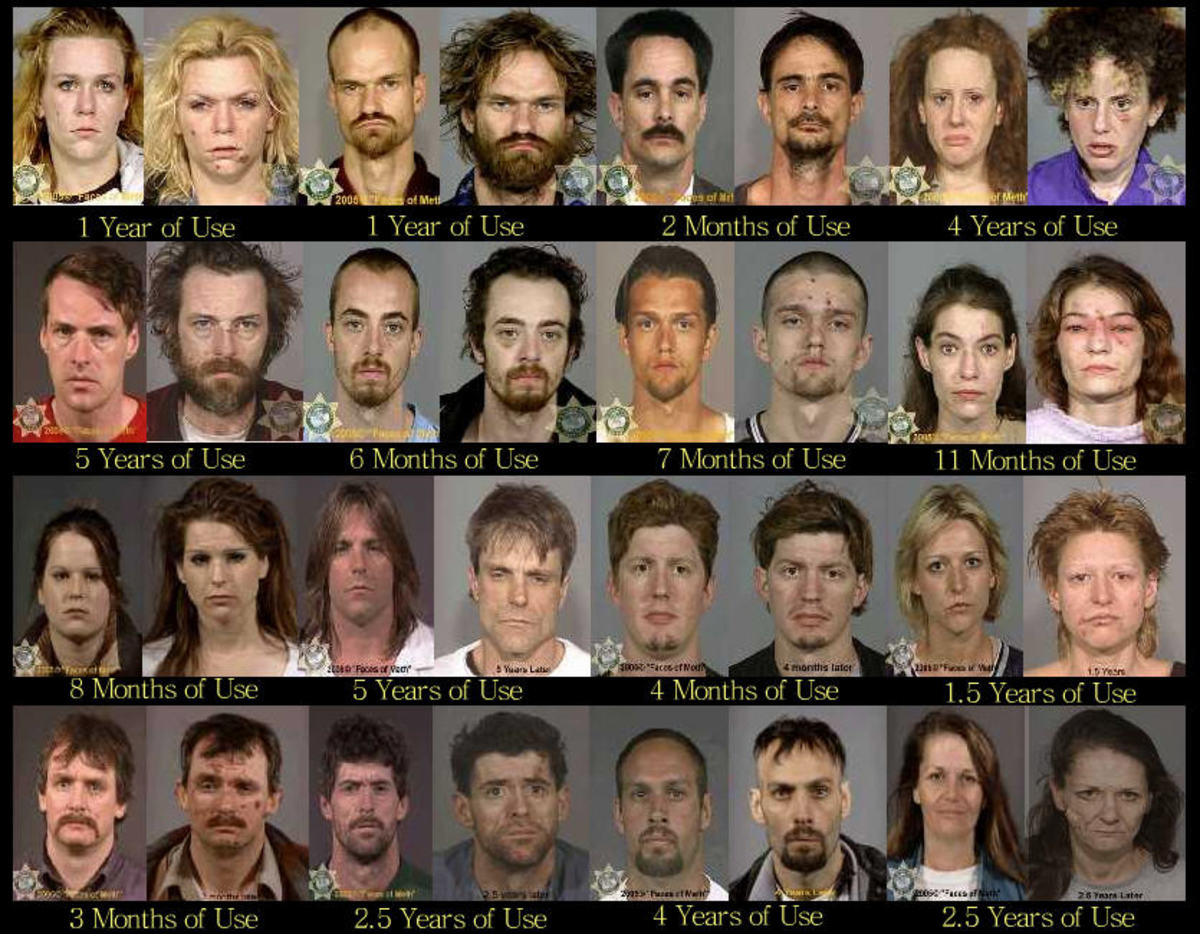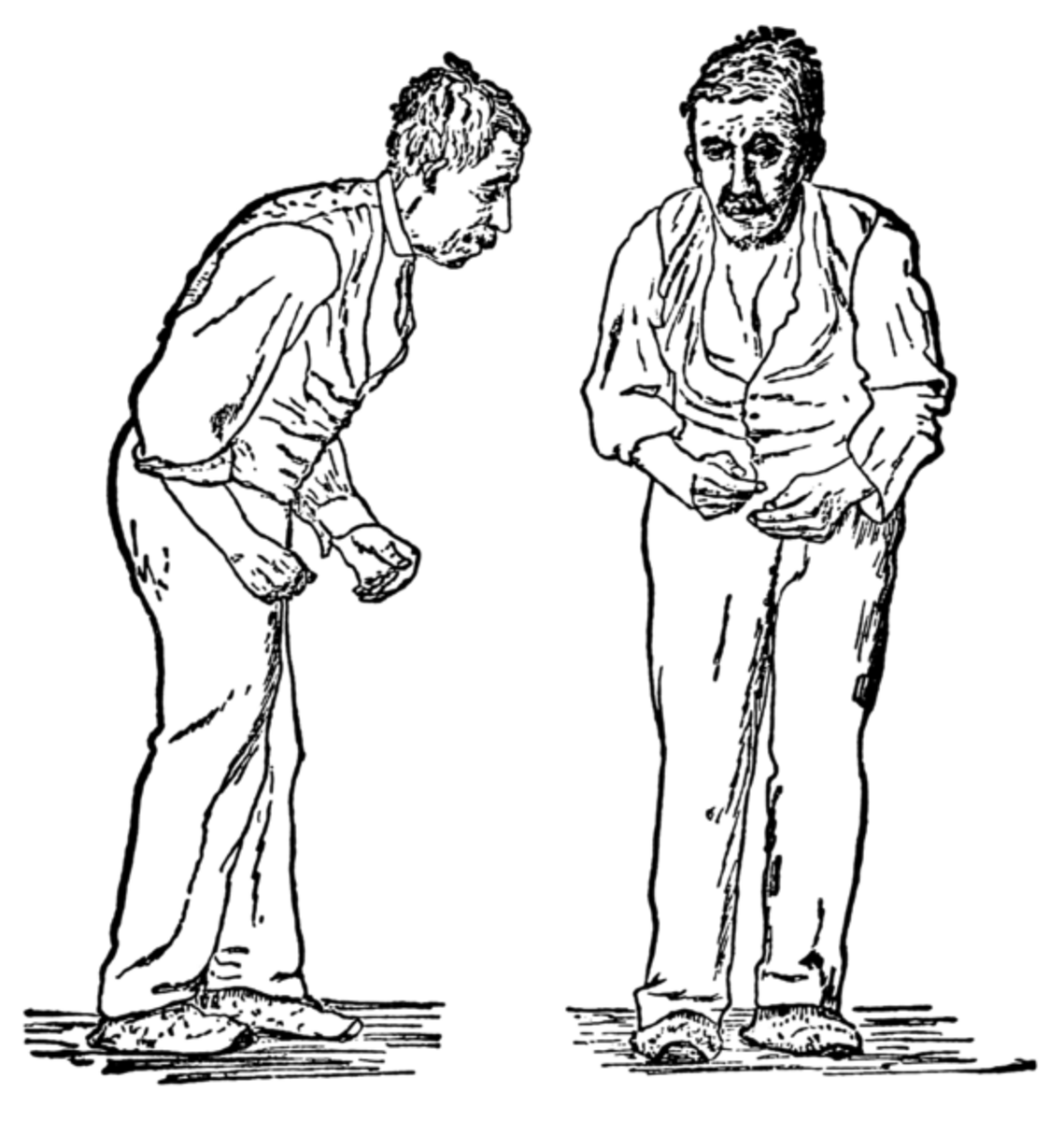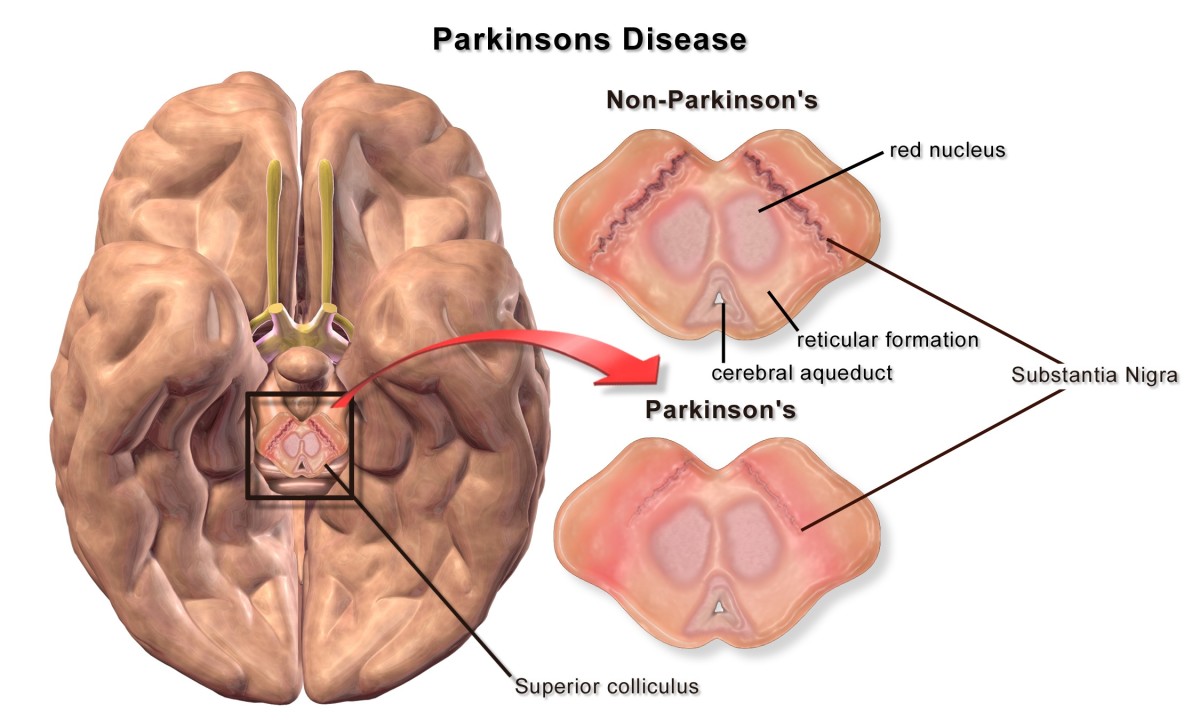- HubPages»
- Health»
- Mental Health»
- Addiction
Meth's Effect On the Brain

Research shows us that Methamphetamines can grossly and adversely affect the brain. Maybe that seems like just one more research fact in what has become a sea of research about drugs of abuse. However, this is one fact that stands above many others. We might not think about our brains a lot, but if a person is on the road to doing irreparable damage to their brain, they need to think twice, while they still have enough white matter to change their mind. If a methamphetamine user doesn’t think about it now, and continue to do damage it could be too late to use their brains to think about much at all.
The brain is an amazing and incredibly complex organ that works day and night for its owners. If today you walked, talked, tasted your meal or heard a noise, your brain was involved. If you saw something that you liked, your brain was involved in making sure that you received the message that there was enjoyment. We all have our own personalities and we are certainly not our brains. However, we use our brains to assist us to be who we are.
Physiology Of The Brain
Here’s a little bit of physiology about the brain. There are about 100 billion new cells and these are called neurons. The cells are like other cells except they possess the ability to transmit electrochemical signals to each other and over distances up to several feet.
There are three basic parts of the neuron, the cell body, the axon and the nerve endings (or dendrites). The cell body is like other cells and includes a nucleus, ribosomes (they build protein), and mitochondria (makes energy).
The Axon is like a cable in that it carries the electrochemical message along the cell. It is even insulated, must like electrical wiring is. The insulation is call myelin.
The nerve endings (dendrites) allow connection and communications with other cells.
Neurotransmitters are chemicals that transmit signals from a neuron to another cell. Dopamine is a neurotransmitter and is important for this discussion.
There are also sections of the brain, including the cortex, brainstem, cerebellum and midbrain. Each of these regions has its own job and we need all functioning. The complexity of how all of these parts work together is not completely understood. Understood or not, the brain is a marvelous organ. It helps us see, learn and feel emotions and even helps us to read so we can understand it.
Effects On The Brain
Meth abusers obviously take meth because they like the way it makes them feel. The sudden rush that last for a short time and the six to 12 hour high that follows is caused by dopamine. The methamphetamine causes the brain to release dopamine. In fact, all drugs that alter mood release dopamine. However methamphetamine causes the brain to release excessive amounts – about 3 times as much as other drugs. When the meth wears off, so does the dopamine and the user gets severely depressed. The only solution for the abuser is to take more of the drug or to try and stay high continuously so they don’t crash.
The problem is that though our brains are put together pretty well, they can’t withstand the constant monkeying around with the dopamine supplies. The brain chemistry changes as does the brain wiring and after a while the user cannot experience pleasure. Also changes in the chemistry created through chronic abuse can contribute to violence, anxiety, paranoia, insomnia, aggression delusion and other disturbing behaviors.
In a paper published by Dr. Nora Volkow, director of the National Institute of Drug Abuse, she notes the results of brain scans of several meth users. Who had been clean for 14 months. Though they had repaired the previously damaged dopamine receptors in the brain, they weren’t acting better. In other words, they still had bad memories, poor judgment and motor control after being clean more than a year. In fact, the symptoms were much like Parkinson’s disease. The long and short of it is that studies indicate that while brain tissue injured through meth abuse might grow back, it might never be fully repaired.
According to Dr. Paul Thompson in an article published in the Journal of Neuroscience the following damage was observed in brains that had been exposed to methamphetamine;
A high resolution M.R.I. on meth addicts’ brains showed a lot of tissues destruction. This damage was described by Dr. Paul Thompson as a “forest fire of brain damage.”
The part of the brain that is used to create new memories lost 8 percent of its tissue, similar to early stages of Alzheimer’s. When tested on memory, meth addicts did much worse than their healthy- non using counterparts.
The study of 22 people in their thirties who had used meth for ten years (an average of 4 grams a week) also found that the white matter of these brains (white matter has nerve fibers that connect different areas) was so inflamed that these addicts brains were 10 percent larger than normal. Bigger brain doesn’t mean smarter person in this case. Amazingly the white matter was not dead and it was the opinion of Dr. Thompson that with abstinence perhaps there could be recovery.
Hope For Users
The truth of the matter is that we don’t know how many years it may take for a brain to fully recover after being damaged by methamphetamine. No one really knows if full recovery is even possible. While researchers can hope, losing brain tissue is a pretty big deal and not worth the gamble. It is doubtful that any meth user would feel that at the end of the day those few pleasure moments were worth the destruction in body, mind and spirit. But then again, who knows what they are actually feeling or thinking since their brains are damaged.
With continuously decreased cognitive abilities, perhaps past abusers aren’t bothered by much.
But their families and loved ones still feel it and every time a brain is lost to meth, society has lost another soul.
Narconon provides drug rehab to meth users.








